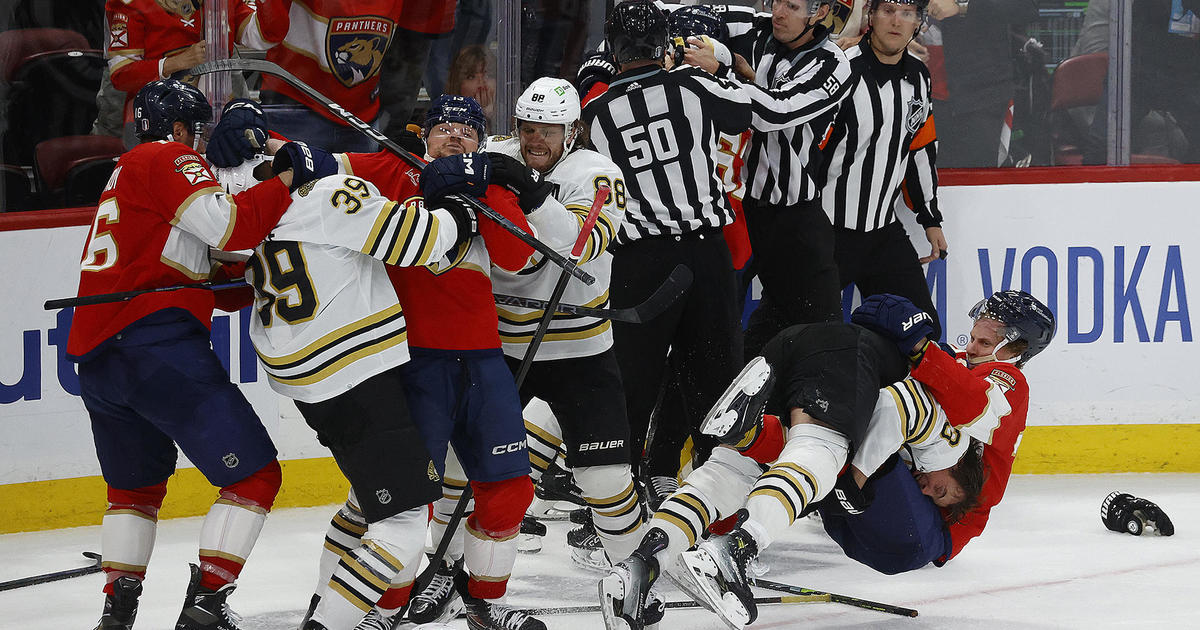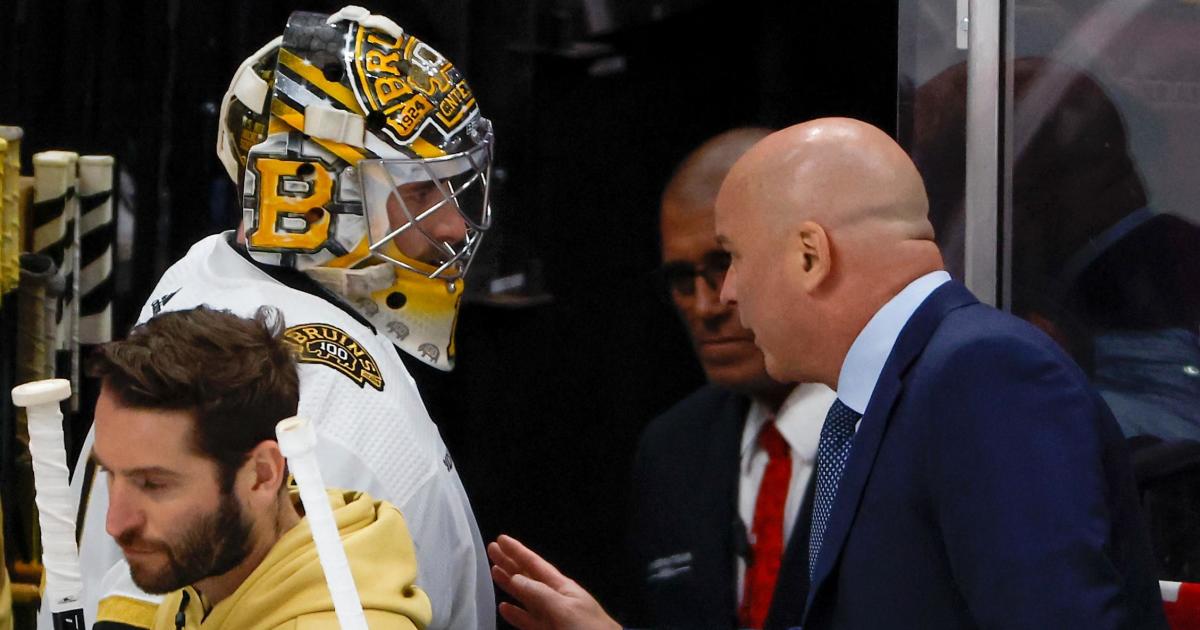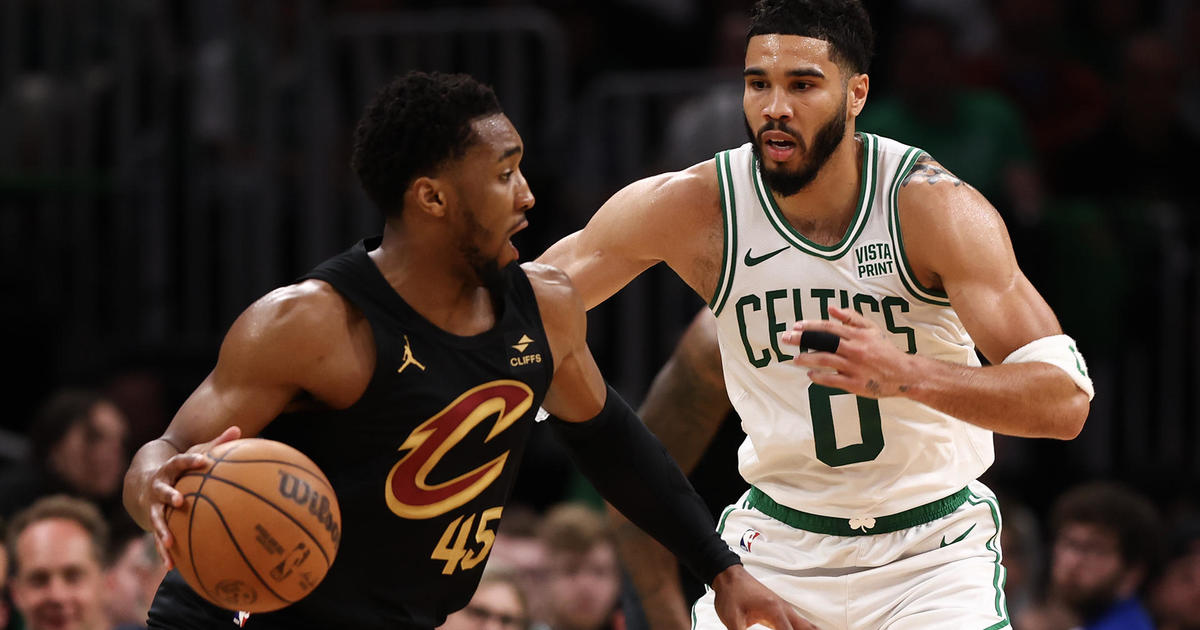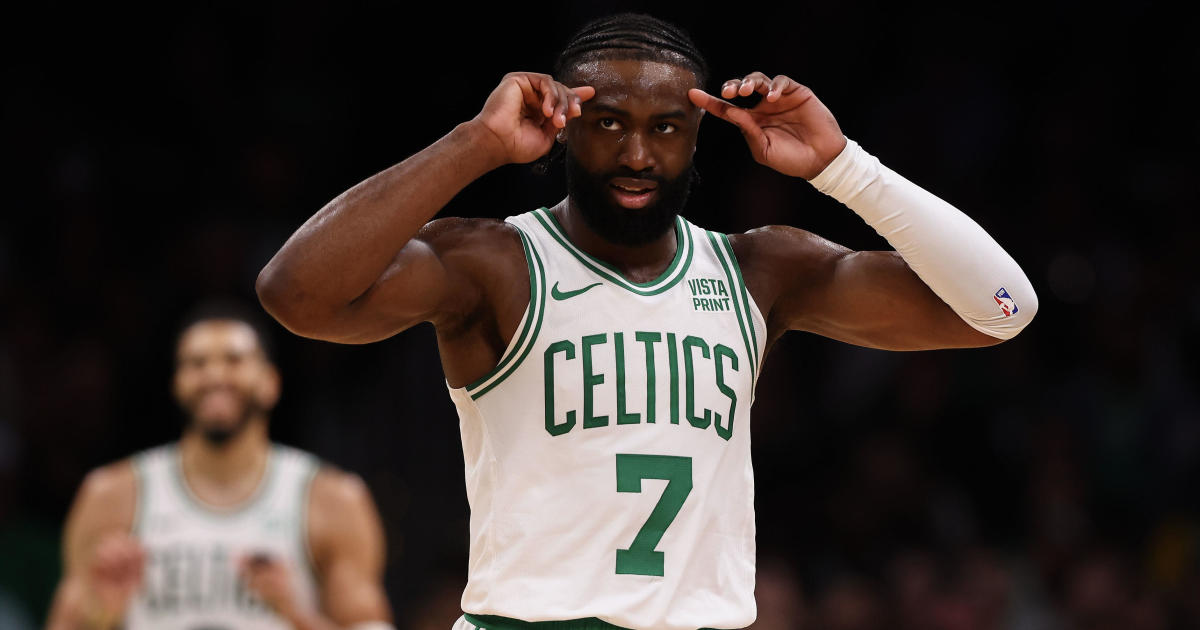University Of Buffalo Engineering Students Seek To Build Better NFL Schedule
BUFFALO, N.Y. (AP/CBS) — Two industrial engineering students at the University at Buffalo decided to see if they could build a fairer NFL schedule. It added up to a tougher challenge than anticipated.
After more than year of coding, number-crunching and a few failures along the way, Kyle Cunningham and Niraj Pandy developed an algorithm that comes close to matching — and in some cases improving — a schedule the NFL produces annually.
They succeeded in their goal of minimizing competitive imbalance by reducing the number of times teams play more-rested opponents coming off a bye week or a Thursday night game.
"I wasn't expecting it to be hard and challenging," said Murat Kurt, an assistant professor who oversaw the project along with professor Mark Karwan. "Basically, we spent a significant amount of time on it, and it paid off."
That payoff comes Friday when the students present their findings at the MIT Sloan Sports Analytics Conference in Boston. The Buffalo team's paper, "Alleviating Competitive Imbalances in NFL Schedules: An Integer-Programming Approach," is one of only eight selected for presentation.
The study was prompted in 2013 when the Buffalo Bills complained their schedule included six games against opponents coming off extended breaks.
Cunningham proposed to come up with a formula to reduce the imbalances because not all teams' schedules are equal.
Since 2002, the study noted the Cincinnati Bengals played just 12 more-rested opponents. By comparison, the Bills led the league, playing 26.
The study also found that from 2009-2013, all NFL teams won just 44.7 percent of their games when playing opponents who had extended breaks.
The students began by researching NFL scheduling preferences to follow common rules like keeping the New York Jets and Giants — who share the same facility — from playing home games on the same day and Detroit and Dallas both hosting their annual Thanksgiving games.
What they didn't take into account were teams' scheduling requests, or conflicts with other sports, like in Oakland where the Raiders share the same facility with the A's baseball team.
The restrictions were turned into mathematical codes, which were so cumbersome the computers were unable to spit out even one schedule in 100 hours.
They eventually developed a program that produced a variety of schedules in which no team played more than two games against more-rested opponents per season.
How'd they do it? They prioritized fairness over high-profile matchups that boost TV ratings.
"The NFL's highest priority is basically broadcasting requirements," Kurt said. "We said, 'If we swap the order, if we give the priority to fairness and leave the object of making the broadcasters happy to the second place.'"
The results are not entirely perfect in the 2014 NFL schedule the students included in their paper.
It does follow the NFL's preference of pitting division rivals against one another in the final four weeks of the season, but it also has flaws.
Five teams enjoy two week-plus breaks by playing Thursday night games followed by their bye weekend. The students' schedule also doesn't take into account NFL games played in London, after which each team enters its bye week.
Karwan isn't sure what, if any, affect the study will have on the NFL. He said applying engineering to professional sports was satisfying by itself.
"This intellectual curiosity-driven research was a fun way to use our technical skills to see how we could address an important issue in the world's No. 1 revenue-generating league," Karwan said. "Besides, our hometown Bills were one of the biggest victims of scheduling anomalies."
(TM and © Copyright 2015 CBS Radio Inc. and its relevant subsidiaries. CBS RADIO and EYE Logo TM and Copyright 2015 CBS Broadcasting Inc. Used under license. All Rights Reserved. This material may not be published, broadcast, rewritten, or redistributed. The Associated Press contributed to this report.)



